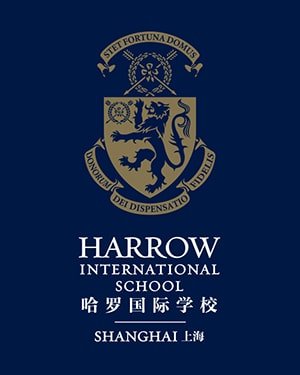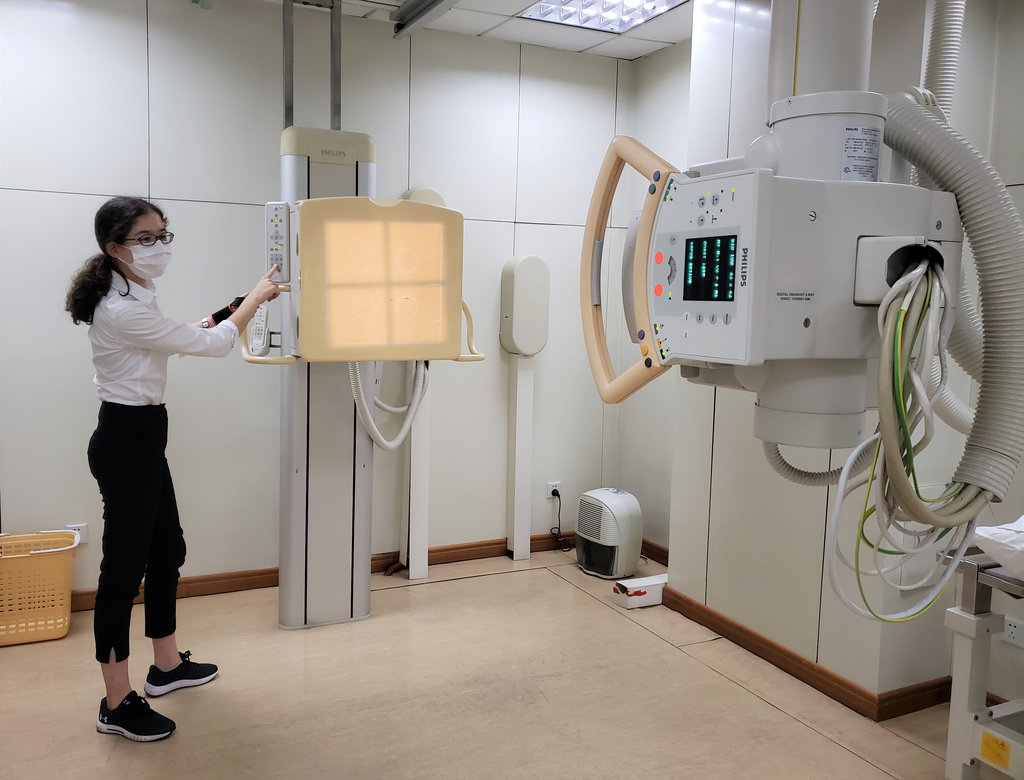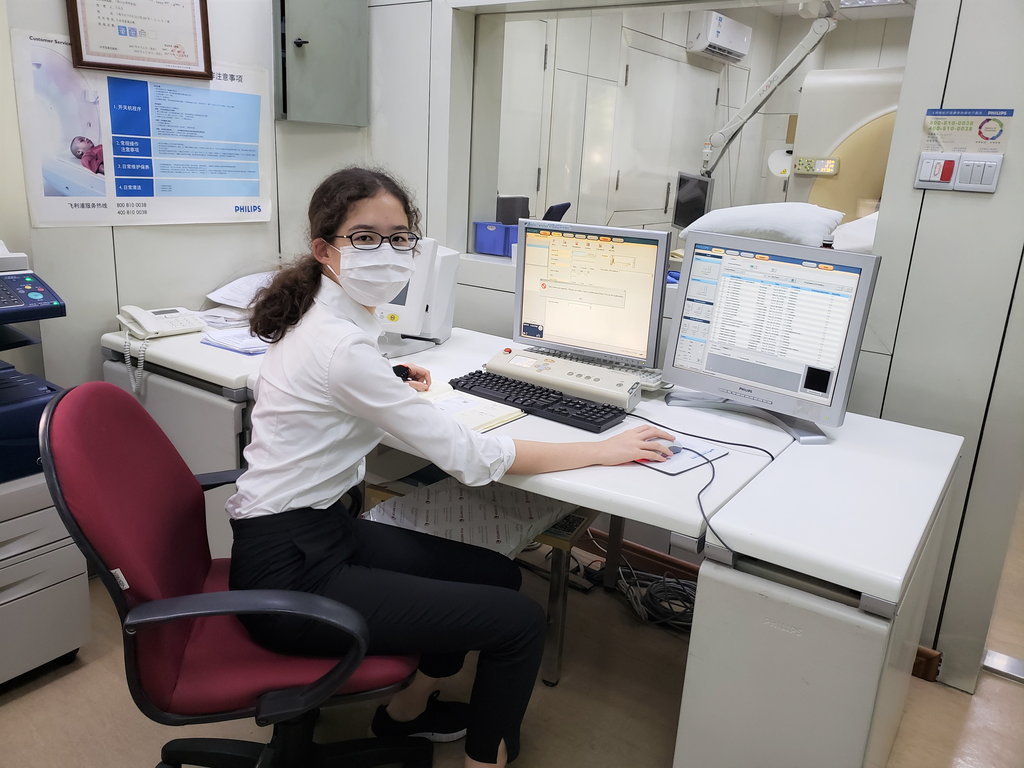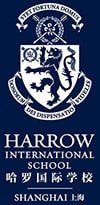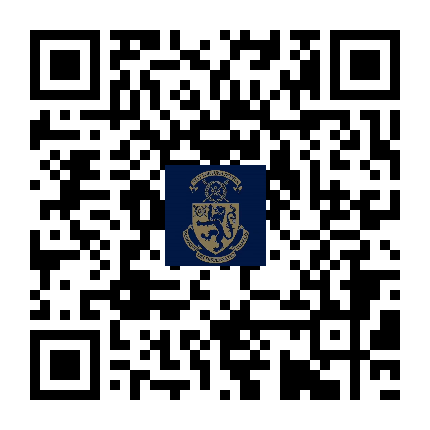2020 has not been the year we all expected. Flights, plans and of course exams have all been cancelled around the world. In the wake of the pandemic, summer programmes and internships of some of our highest performing students also became collateral damage. Nevertheless, while we may not be able to control events, we can control how we respond to them. Being adaptable in an uncertain situation is a key skill we aim to nurture at Harrow.
It is for this reason that we decided to launch our inaugural Shanghai based internship programme to ensure our students continued on their path to become leaders for a better world. This programme is open to incoming, existing and Old Harrovians. Once school resumes in September all Sixth Form students will be encouraged to apply for internships sourced through our extensive networks across the city.
At this early stage, two of our scholars made it through a competitive interview process to secure internships in the field of medicine in two different Shanghai hospitals. Internships give Harrovians like Lisa and Midori the opportunity to experience the workplace first-hand to provide a deeper understanding about possible career paths. The students get to see what it’s like to work in a hospital as a doctor. In this increasingly competitive world, experiences like this will give them an edge when applying to highly ranked university courses in the future.
Student’s Sharing of Internship Experience
We are delighted now to be joined by Midori who is keen to share some of her thoughts on her internship to date:
- What have you been doing over the past few weeks at St Michael’s hospital?
I have had the opportunity to shadow doctors, nurses, medical technicians, and front desk staff at the hospital. As a prospective medical student, I wanted to see different areas in a working hospital and how they interact to provide healthcare to patients.
I have been able to sit in several consultations, including those of a general practitioner and orthopaedic doctor, and rehabilitation treatment. In the radiology department, I was introduced to the X-Ray and CT scans – registering patients, a detailed introduction to the equipment, and software to view the taken images for diagnosis. At the front desk I learnt about medical insurance, and software which overlooks activities in the hospital. Having studied computer science previously, I found it interesting to see how the software has adapted to be efficient and productive for a hospital setting.
- What is the most impressive thing you have experienced and what have you learned from it?
While stationed in the radiology department I was able to observe two doctors analysing an X-ray image and debating on a diagnosis, in this case, a fracture in the foot of a small child. I was told that the epiphyseal plate present in children can mimic the appearance of a fracture on X-rays, and therefore made locating the fracture more difficult. These difficult diagnoses make communication and collaboration between doctors more important.
- Do you have any advice for students who say they are too busy with academic work to consider an internship?
Internships are an incredibly worthwhile experience which can enrich your academics by teaching you skills and knowledge outside of the syllabus. And when considering potential university subjects and career paths, the best way to decide whether it is suitable for you is to be in the working environment. I found it particularly stimulating talking to professionals about their experiences, which is very inspiring and makes you think ahead.
Parent’s Sharing of Internship Experience
We are now joined by Lisa’s mother, Jixian, who we have been working closely with for the past four years, in supporting her daughter’s education.
- Why do you think it’s good to do interviews and what will Lisa be doing next term?
With the university application process looming on the horizon for our senior students, it is natural to feel slightly nervous and uneasy about the whole ordeal. Therefore, I believe it is beneficial to practice by applying for various internship programmes, which go through a similar application process as universities.
Lisa applied for the Health Scholar Programme offered by JiaHui International hospital during summer. She was invited to the interview, which was held between a group of 8 applicants. The interview began with a 2-3minutes self-introduction from each applicant, then 10 minutes of interactive group activity, 30 minutes of group discussions and a presentation of findings based on questions provided by the interview panel, ending with a 20 minutes questioning period by the interview panel.
This was Lisa’s very first interview, she found it very interesting and challenging. She looks forward to joining the programme at Jiahui hospital this December.
- How has Harrow supported Lisa’s development outside the classroom?
Our teachers worked extremely hard in these difficult times by creating a virtual learning programme to teach, assist and answer questions. Teachers also recommended reading materials and learning websites according to the abilities of each student.
Our tutors worked closely with parents through email regarding our students’ academic progresses and emotional wellbeing. Mr Baden-Powell, the head of higher education and careers, introduced numerous summer internship programs to our senior students, enabling them to explore different career paths and prepare them for their university applications. These numerous methods of support will greatly inspire our students to become risk-takers and independent learners.
Internships provide Harrovians like Lisa and Midori the opportunity to experience the workplace first-hand to provide a deeper understanding about possible career paths. Through our extensive networks across the city we aim to match your child’s skills and aspirations to concrete opportunities to best prepare them for life after Harrow.
